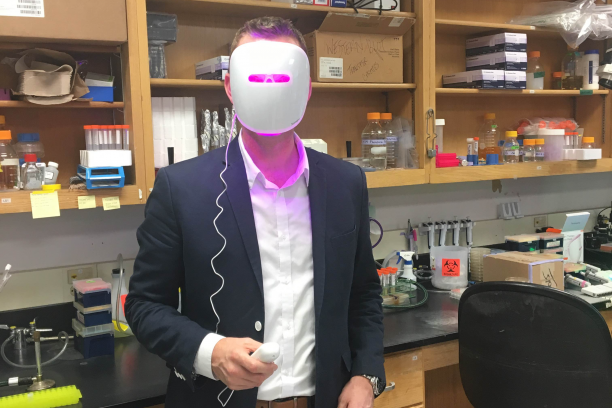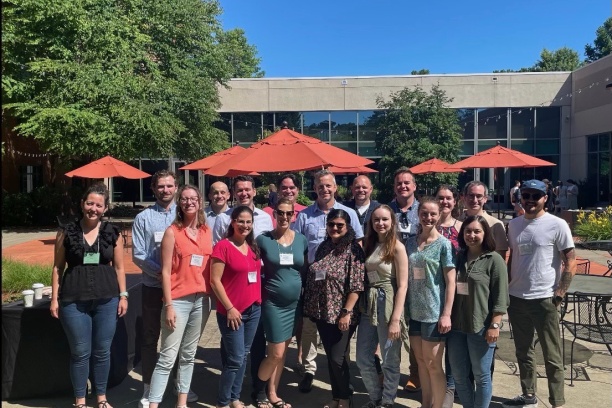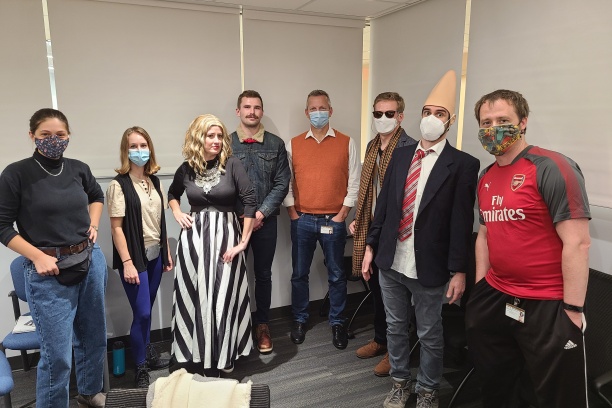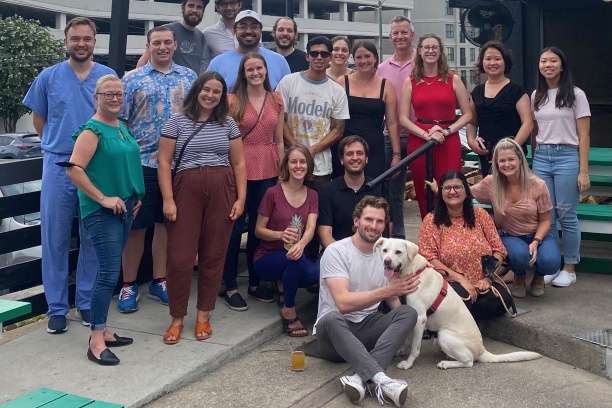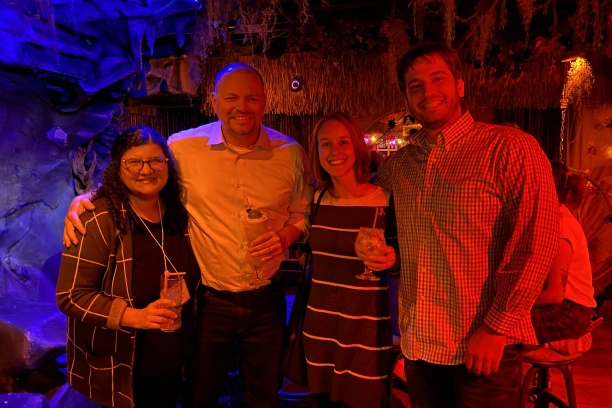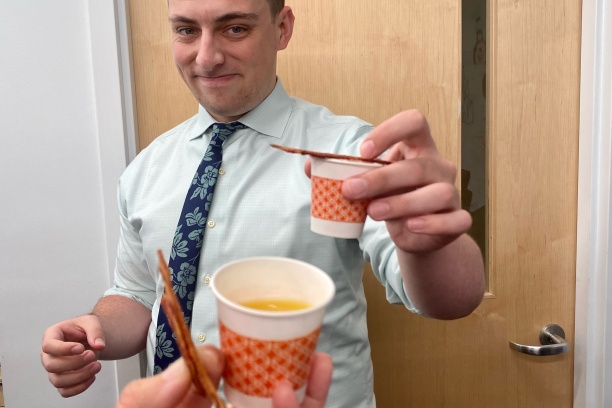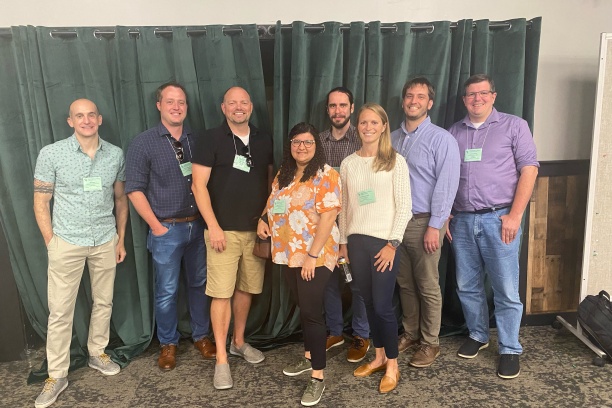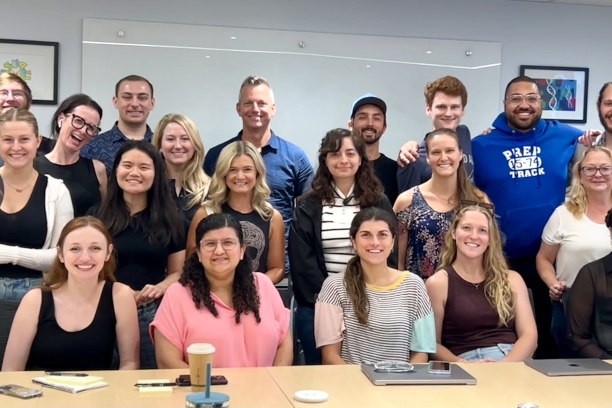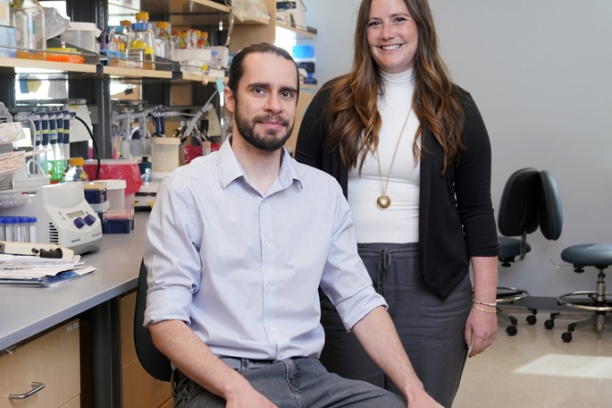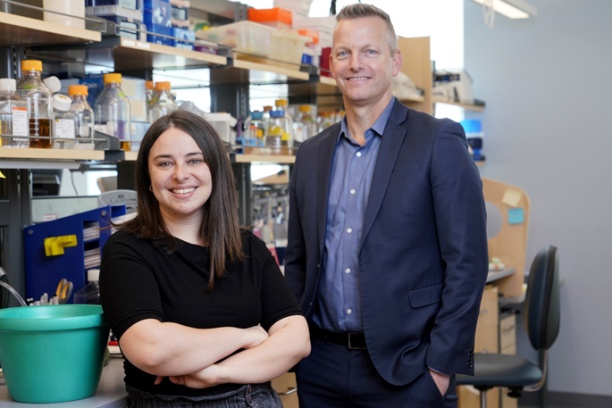Hospital and community-acquired infections caused by bacterial pathogens represent an increasing threat to global public health. This threat is compounded by the fact that bacterial pathogens are rapidly becoming resistant to all existing antimicrobials. Therefore, the identification of novel targets for therapeutic intervention is vital to our continued ability to successfully treat infectious diseases. Research in our laboratory is focused on identifying novel targets for therapeutic intervention against bacterial pathogens with a particular emphasis on systems involved in metal trafficking and metabolism.
Metals are essential for all life because approximately 30% of all proteins in nature require metals to carry out their biological function. Bacterial pathogens must acquire metals inside their hosts in order to successfully mediate infection. However, vertebrates have evolved strategies to sequester nutrient metal from invading bacteria in a process known as “nutritional immunity”.
Based on the strict requirement of bacteria for metal, and the fact that the bacterial and eukaryotic machinery involved in metal acquisition and homeostasis are remarkably different, targeting bacterial machinery involved in metal metabolism has excellent therapeutic potential. Research in our laboratory is focused on identifying factors and processes involved in the battle for metal between bacterial pathogens and their hosts. More specifically, our research focuses on the interaction between vertebrate hosts and the bacterial pathogens Staphylococcus aureus (most common cause of skin and soft tissue infections), Bacillus anthracis (causative agent of anthrax), Acinetobacter baumannii (emerging cause of pneumonia and wound infections), and Clostridium difficile (major cause of antibiotic-associated diarrhea). Currently, these efforts are focused in four specific areas as detailed on the Our Projects page.
